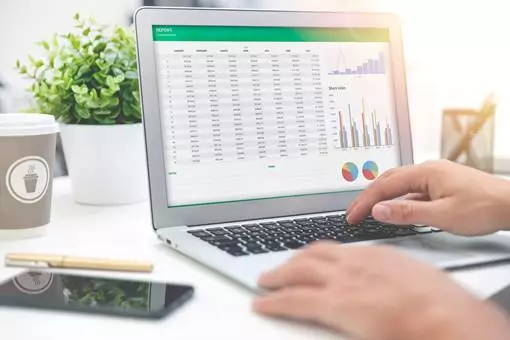Learning is not just a classroom thing
- 5th February 2016
- Written by Prof Maurits van Rooijen
- Opinion & Features

When we talk about learning, we usually imagine classrooms, books, maybe computer screens - but the most important form of learning is learning from experience. This is a valuable key to success, and should be taking place every day in the workplace. It's a learning skill that can help to make you successful, so it's worth taking very seriously indeed.
Dealing with criticism
Reflection is at the core of experiential learning. Let's assume someone accuses you of making a mistake. Is your basic reaction to go into defence mode and deny it? That is what every child tends to do in case of getting caught or being accused. As we grow older, we learn that is not a smart reaction, so we go into the next defence mode: blame others. Yes, you made a mistake, but you did the right thing given circumstances, you argue. This is the defence teenagers like to embrace.
Experiential learning guides you to a more sophisticated stage. If accused of an error or a shortcoming, you reflect instead of going into defence mode. Is that so? Why would one say so? What evidence is it based on? You can then take the comment with you by parking it somewhere in your memory.
However, if similar errors occur regularly or several people make the same kind of comments, you know it is time for serious reflection. Are you doing something fundamentally wrong? Is there a behaviour you may wish to modify? Is there something you can learn from such reoccurring mistakes? Once you open up to criticism, you are on your way to experiential learning.
How to apply reflection
This type of learning is not just about how to deal with mistakes: it is a consistent attitude. At regular intervals, you should sit back and reflect: how did that presentation or meeting go? Was it effective or did I just score points? Am I respected or merely liked - or worse, feared (the latter two tend not to get you lasting results)?
In order to reflect properly, you need to get feedback from people. One way is simply asking for feedback, but that can only be done occasionally since it may give the impression of insecurity. It might be better to comment in a way that gives you a reason to seek feedback about yourself and your actions. In most cases, genuine feedback requires a trusting setting - typically away from work.
Feedback is also often more effective in a team setting than on an individual basis. A common approach is for all team members to complete and share a self-assessment test: the test itself will say something about each person, and more importantly, you can ensure different personalities are well represented in your team.
The results
Those who really master the art of learning from experience know that listening to what is really being said, and observing instead of watching, is more important than talking.
Being able to read body language is also extremely helpful. Where people can be diplomatic in what they say, body language and facial expressions tend to be much more revealing. Studying body language can really pay dividends when it comes to experiential learning.
The most important aspect of experiential learning is to adopt less defensive behaviour. You are not perfect, and that is not a problem since other people are not perfect either. You respect their shortcomings up to an extent, and they should appreciate equally your strengths and weaknesses.
However, you must remain open to improvement through reflective learning. Using structured reflection, you can play to your strengths and manage your weaknesses. So, it is worth remembering: learning is not just a classroom thing.
This article was originally published in The Huffington Post.
Other Opinions and Features
The Rise of Mobile Accounting
Accounting has always been a field that’s associated with piles of paperwork, spreadsheet and staggering numbers. Using computers to carry…
What will the role of the CFO look like in the future?
The CFO role is often thought of as being largely preoccupied with numbers and data, but in the last few…
7 Myths About Accountancy
Wondering what accountancy is really like as a career? Many people think that being an accountant is just number crunching…



